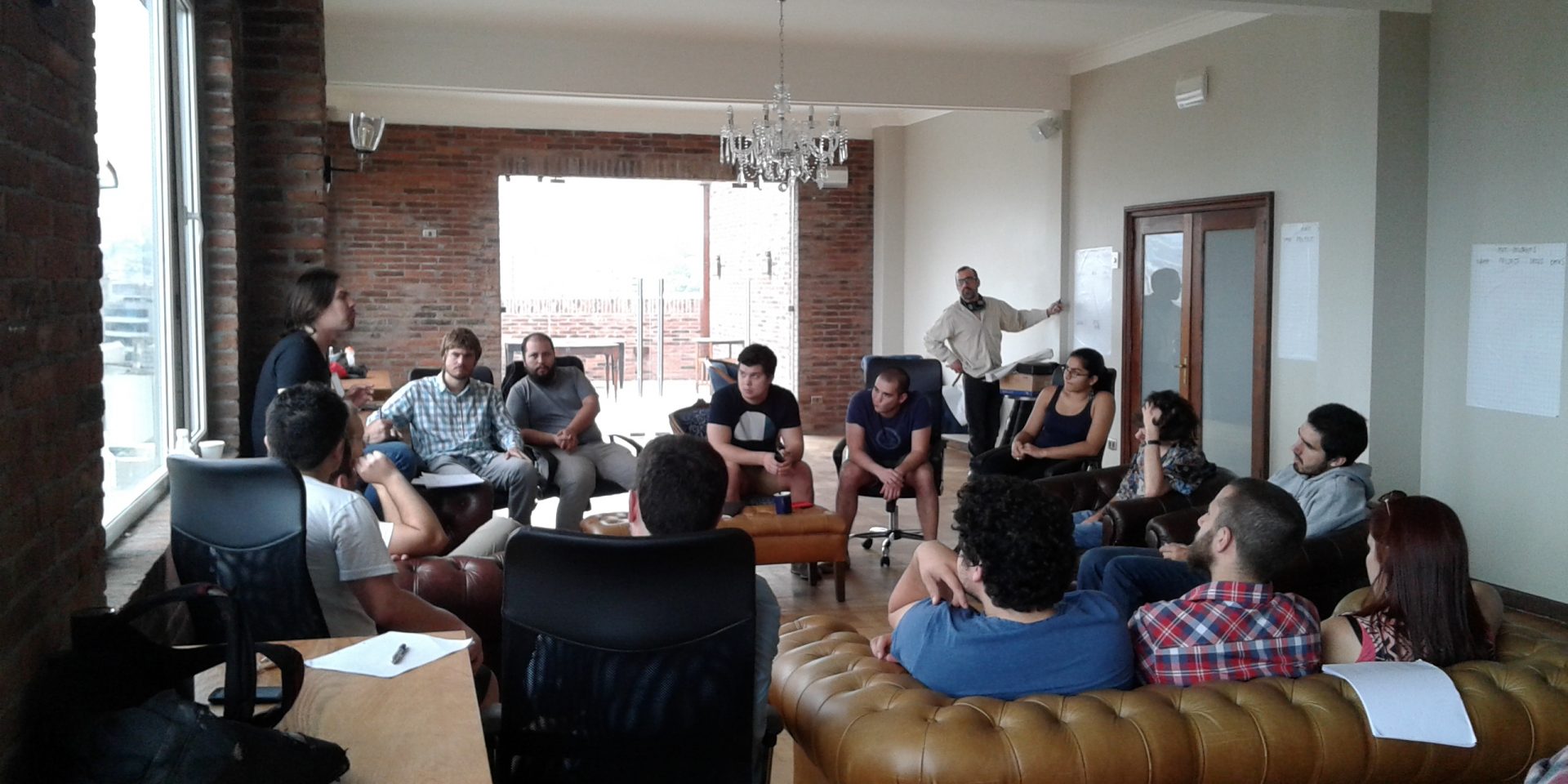
After receiving excellent evaluation on the first phase of the project titled “Digital games platform to measure willingness to cooperate in school children”, and a successful application process, CICS has been awarded with a grant to fund the second phase of this project.

After receiving excellent evaluation on the first phase of the project titled “Digital games platform to measure willingness to cooperate in school children”, and a successful application process, CICS has been awarded with a grant to fund the second phase of this project. The grant was awarded by IDeA program’s IV Contest for Research in Technology, which means the project will receive a substantial amount of monetary support from CONICYT’s FONDEF program (Fund for the Promotion of Scientific and Technological Development).
The proposal for the second phase of applied research in this project, is to create a multiplatform version of the videogame which will allow to measure how willing students, in primary and middle school, are to cooperate. This new measurement will continue to use game theory at its core, in order to detect networks of cooperation in classrooms, as well as potential bullying interactions. It will be available online so that educational establishments, such as schools, are able to use it and implement the measurement they receive from it in an autonomous way. This will significantly increase the number of participating classrooms in the project during this phase.
The project is led by Carlos Rodríguez-Sickert; he is the co-director of the Research Center for Social Complexity (CICS), and a member of the Faculty of Government at Universidad del Desarrollo. Collaborators of the project include the Faculty of Engineering at UDD, the Educational Corporation of San Bernardo and the Macro Connections Media Lab from MIT. The second phase of the project will be developed within a 20 month time frame.
The proper implementation of this phase will allow researchers to characterize individual and group cooperation capabilities in primary school classrooms (pre-kinder to second grade), and it will provide educational establishments with a valuable tool to monitor and manage the development of their student’s social skills. This tool will also provide further information on sociability in school children for academic research.